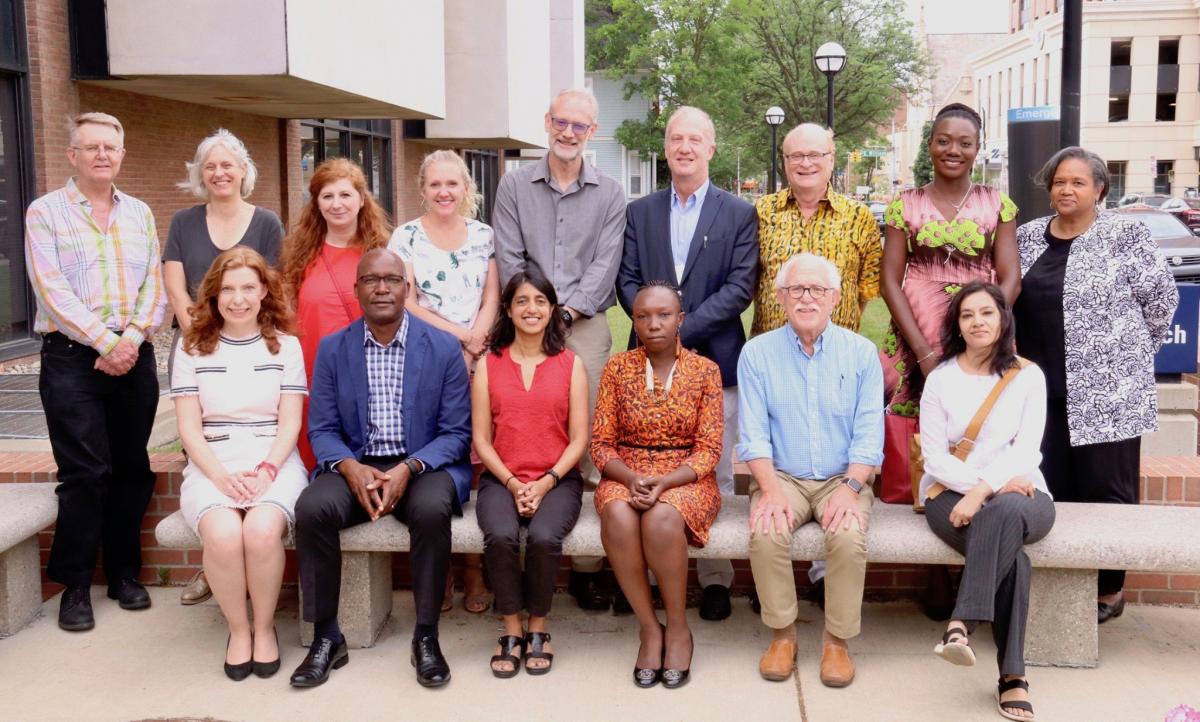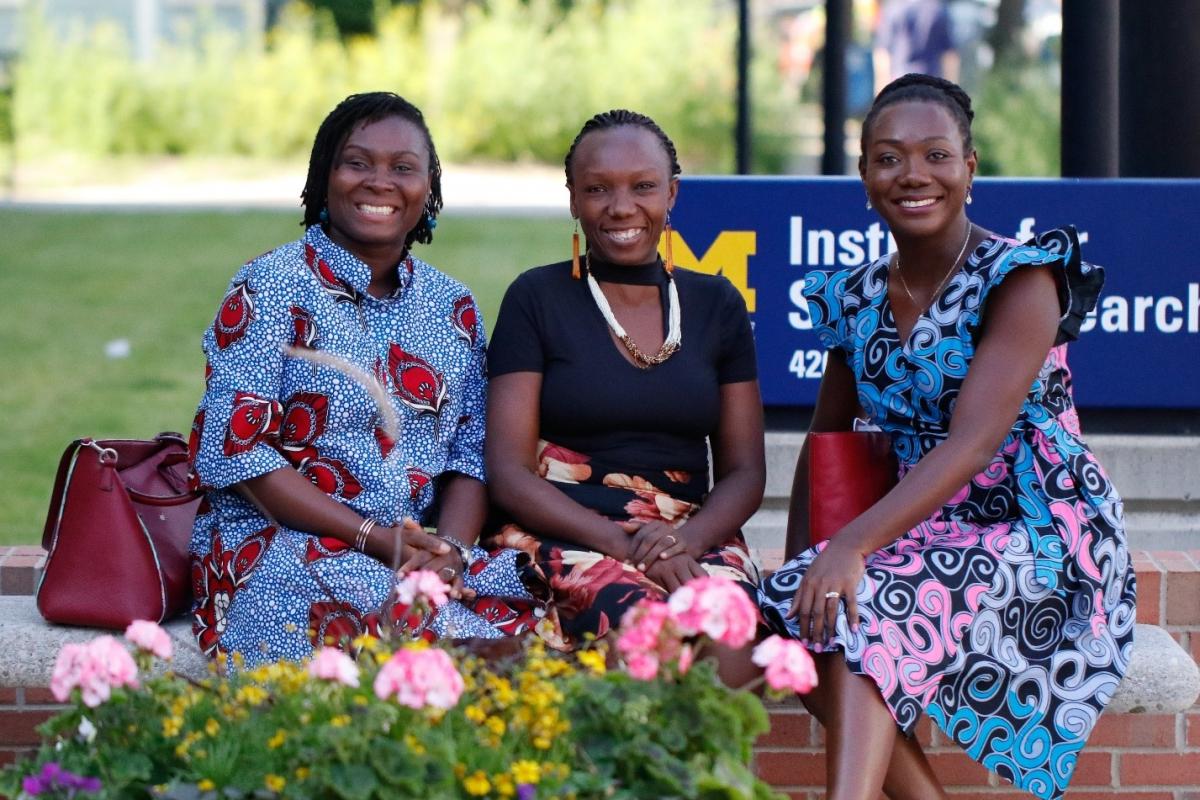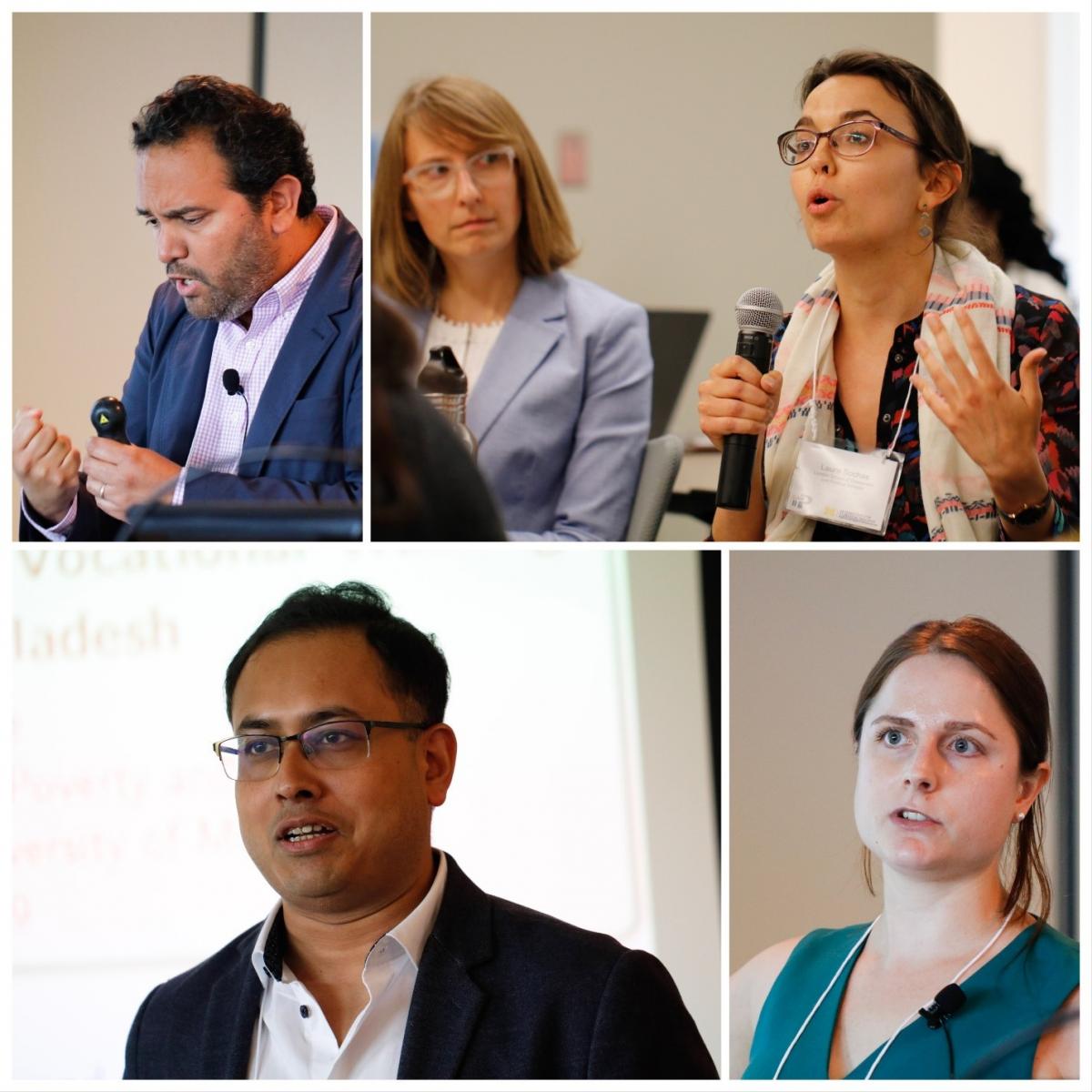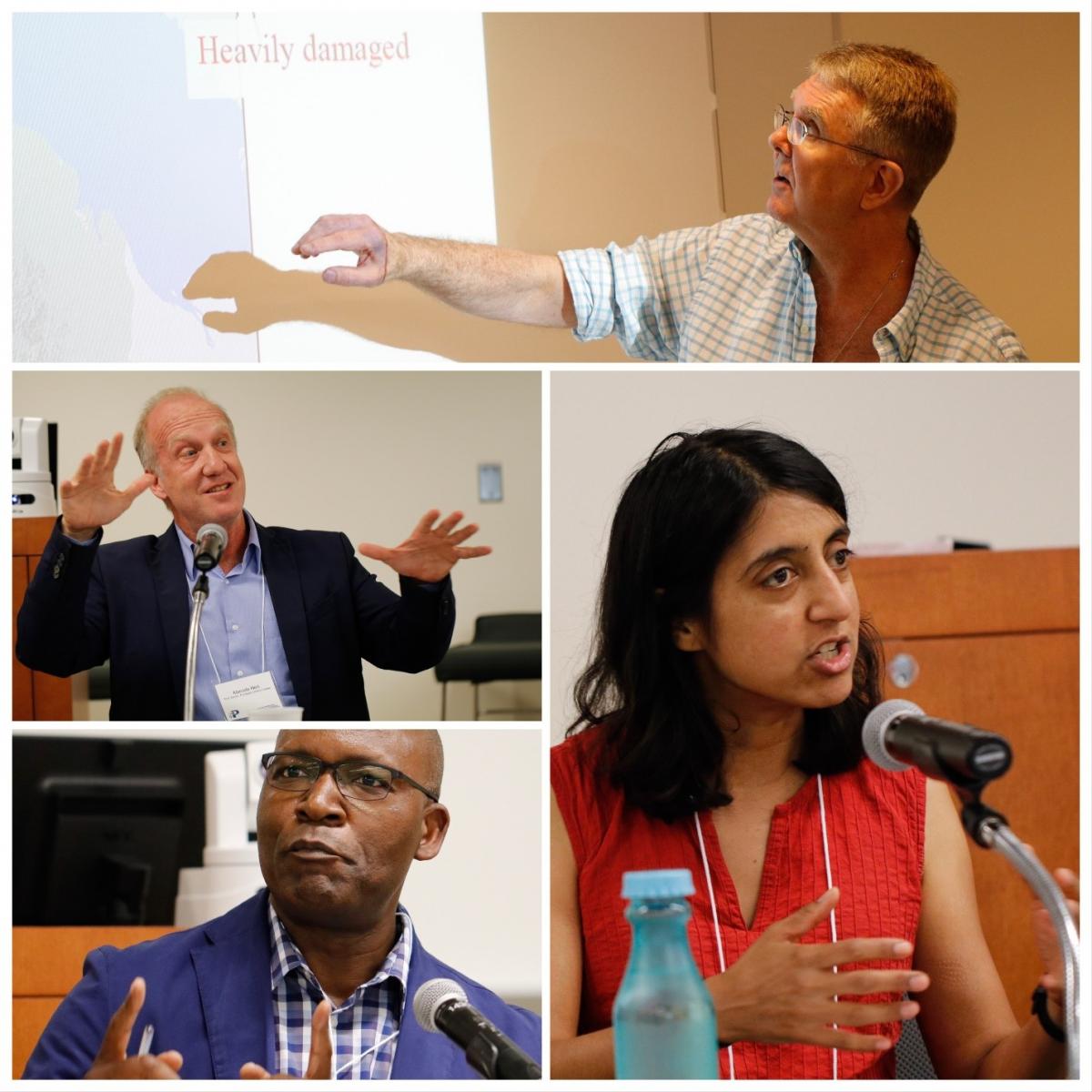Conference on Population, Poverty and InequalityUniversity of Michigan, Ann Arbor (MI), United States, 27-29 June 2019
The IUSSP Research Conference on Population, Poverty and Inequality was organized by the IUSSP Scientific Panel on Population, Poverty and Inequality and hosted by the Institute for Social Research (ISR) at the University of Michigan. The meeting was supported by the William and Flora Hewlett Foundation, and the hosts at the Institute for Social Research, University of Michigan.
Scientific Committee: Jocelyn E. Finlay (Harvard University), Murray Leibbrandt (University of Cape Town), David Lam (University of Michigan), Esther Leah Achandi (University of Dar es Salam), Farzana Afridi (Indian Statistical Institute), Kathleen Beegle (World Bank), Anda David (Agence Française de Développement), Marlene Lee (Population Reference Bureau), Marcelo Neri (Getulio Vargas Foundation), Nkechi Owoo (University of Ghana), Eliya Zulu (African Institute for Development Policy).

The IUSSP Conference on Population, Poverty and Inequality brought together policy-relevant evidence on the interactions between population dynamics, poverty and inequality. The Panel aims to become the knowledge hub for economic demography research that examines these interactions; the conference was a way to bring together scholars from across the globe to share their research on this topic, receive feedback and mentorship from senior faculty, and forge new international research collaborations.
Papers covered a range of topics that informed the central theme of intersecting population, poverty and inequality, particularly within low- and middle-income countries. The keynote speakers harnessed a set of cross-cutting themes that were highlighted in all sessions: the importance of solid methodological practice using the example of the usefulness of natural experiments in understanding complex economic demography processes (Duncan Thomas), the need to understand differential manifestations of gender inequalities in different contexts comparing sub-Saharan Africa with South Asia as an example (Seema Jayachandran), and how to create research that is relevant for policy impact (Kathleen Beegle, Seema Jayachandran, Marcelo Neri, and Eliya Zulu).
The conference was held over 2.5 days, 27-29 June 2019, with seven parallel sessions (fourteen sessions) and three keynote addresses. Sessions such as “Development, Gender and Household Formation”, “Demographics and Labor Market Outcomes”, “Reproductive Health and Fertility Behavior”, “Mobility, Poverty and Inequality”, “Internal Migration”, and “Inequality and Demographics: New Approaches”, were all part of a rich program that included 59 presentations. Each session had a discussant, and time was made for audience questions and discussion. Breaks were a-buzz with lively conversation following sessions. 
The conference brought together 94 participants from around the world: 14 from sub-Saharan Africa, 12 from South Asia, 9 from other countries in the Asia-Pacific region, 6 from Latin America, 6 from Europe, and the remaining from the United States and Canada. Many local academics and students from the University of Michigan also participated. Participants were mostly from economics, with strong influences from demography and sociology. The conference offered a friendly and inclusive forum for researchers to learn about each other’s work, receive feedback, and forge collaborations on topics of population, poverty and inequality. We look forward to next year’s conference, to be held in Paris, France in June 2020, at the Agence Française pour le Développement (AFD). Look out for the call for papers, soon to be disseminated. See also:
- Welcome/Plenary 1: Shocks: Using disasters to study population, poverty and inequality. - Plenary 2: From research to policy: influencing decisionmakers. - Plenary 3: Economic Development and Gender Equality: Exceptions to the Rule. 


IUSSP Scientific Panel on Population, Poverty and Inequality Chairs:
Steering committee members:
IUSSP Council Liaison: David Lam (University of Michigan, Institute for Social Research)
|
